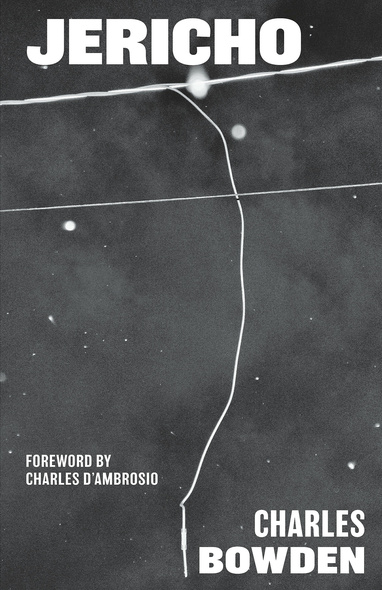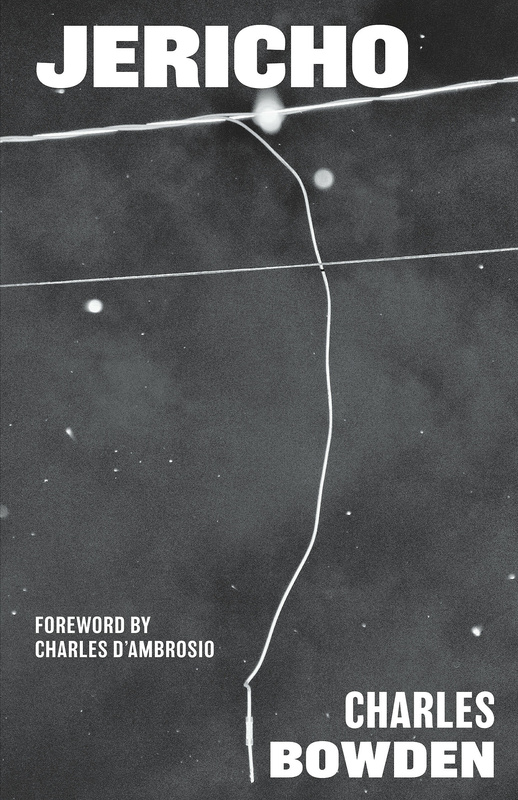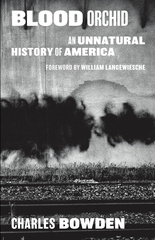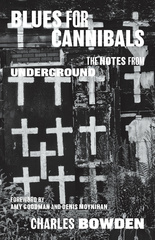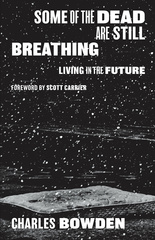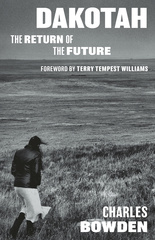When Charles Bowden died in 2014, he left behind an archive of unpublished manuscripts. Jericho marks the fifth installment in his venerable “Unnatural History of America” sextet. In it he invokes the cycles of destruction and rebirth that have defined the ancient biblical city over millennia. From the ruins of Jericho’s walls Bowden reflects on the continuum of war and violence—the many conquests of the Americas; the US-Mexican War; the Vietnam War; and the ongoing militarization of our southern border—to argue against the false promise of security that is offered when men “build that wall.” Walls—both real and imagined—will always come tumbling down.
Along the way, Bowden tells stories of loss and violence, like that of David Hartley, who mysteriously vanishes on Falcon Lake; of murdered drug runners and their cartel bosses; and of a haunted sicario, or hitman, who is running from his past and compulsively confesses his sins as he searches for an absolution that will never come. Set against these scenes of trauma and violence are Bowden’s gorgeous meditations on nature: dancing cranes, soaring eagles, winding paths that traverse mountains, lakes, and deserts. And threaded throughout are the heroic narratives of men like Martin Luther King Jr., who defied the boundaries that surrounded him and was able to reshape the arc of history. Jericho is a remarkable affirmation of our shared humanity and a timely rejection of violence and nationalism by one of our most prophetic writers working at the height of his powers.
Jericho is a book that feels like it was brought in from the wild on a golden plate by a madman. In Bowden’s mind, ruminations on cartel violence, nature, and [the] biblical story of Jericho intersect at magical junctures as he crafts new ways of understanding human history. His writing is my new religion.
Author of many acclaimed books about the American Southwest and US-Mexico border issues, Charles Bowden(1945–2014) was a contributing editor for GQ, Harper’s, Esquire, and Mother Jones and also wrote for the New York Times Book Review, High Country News, and Aperture. His honors included a PEN First Amendment Award, Lannan Literary Award for Nonfiction, and the Sidney Hillman Award for outstanding journalism that fosters social and economic justice. He wrote The Red Caddy in 1994.

